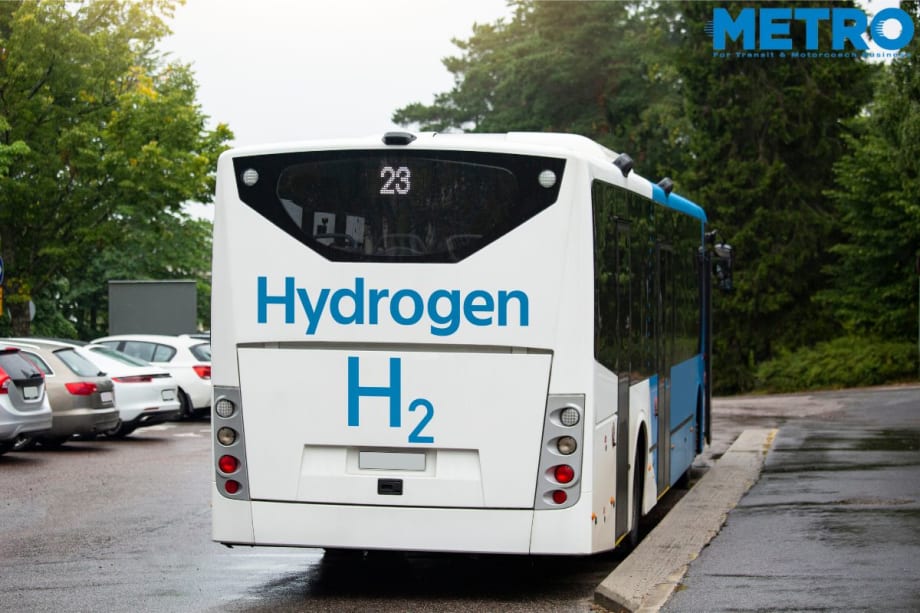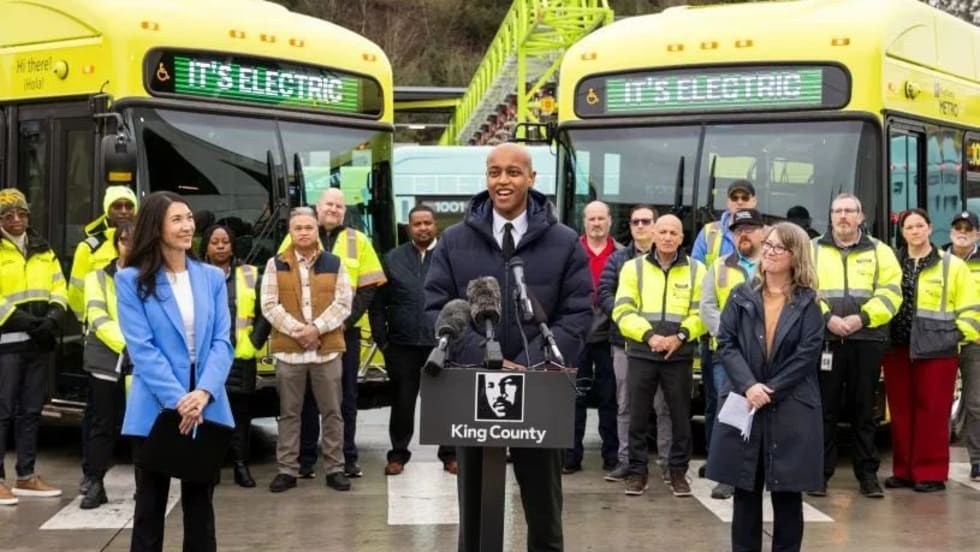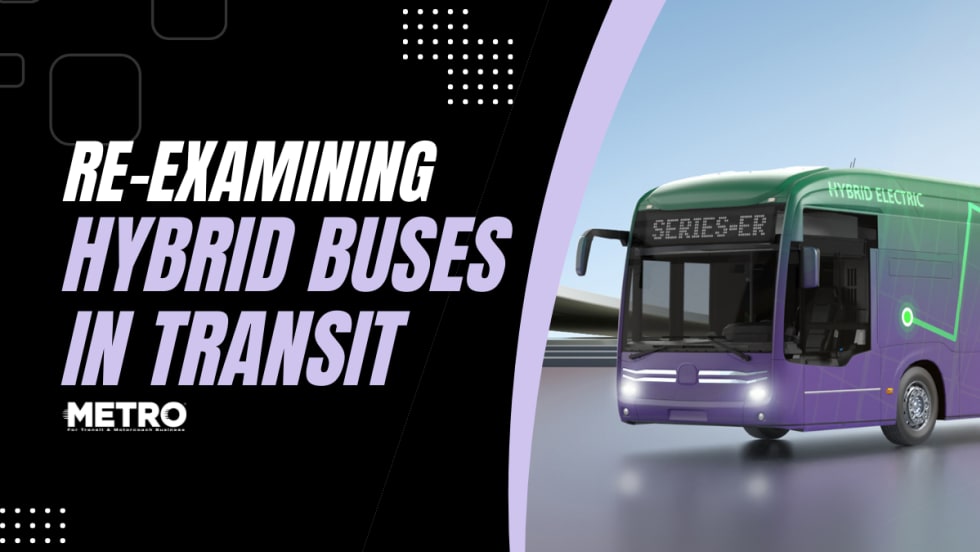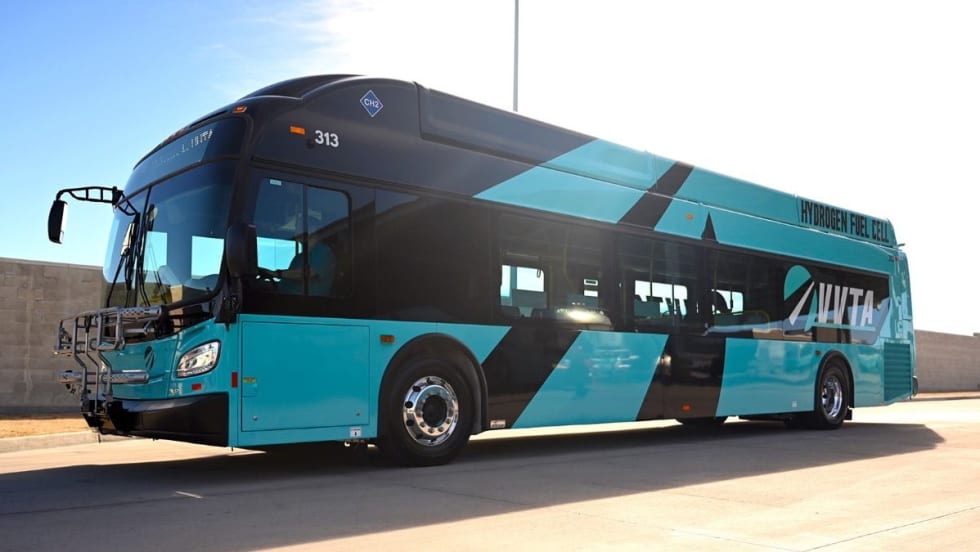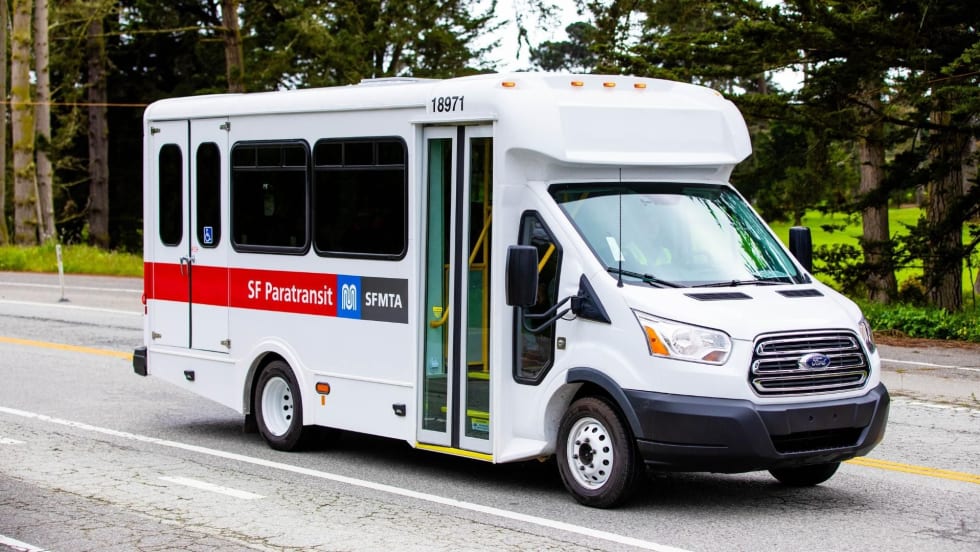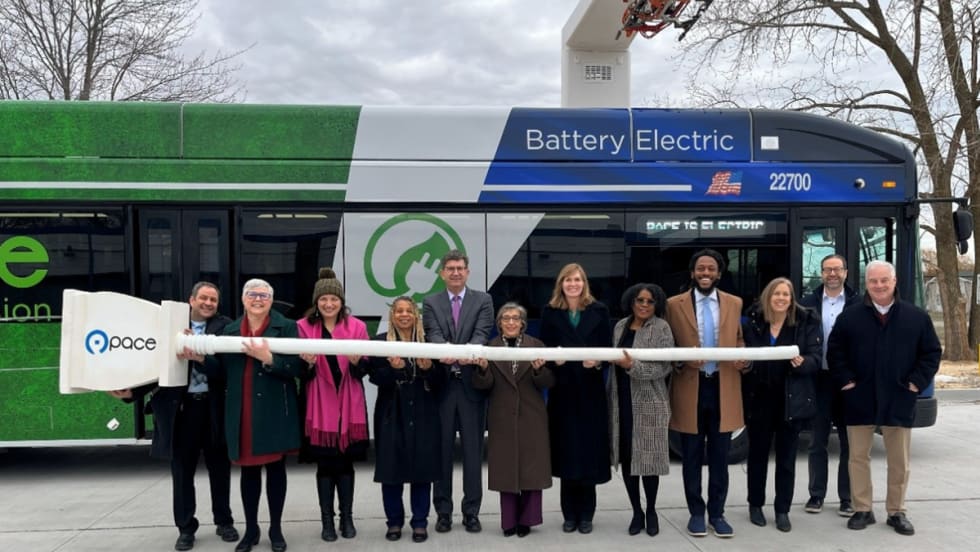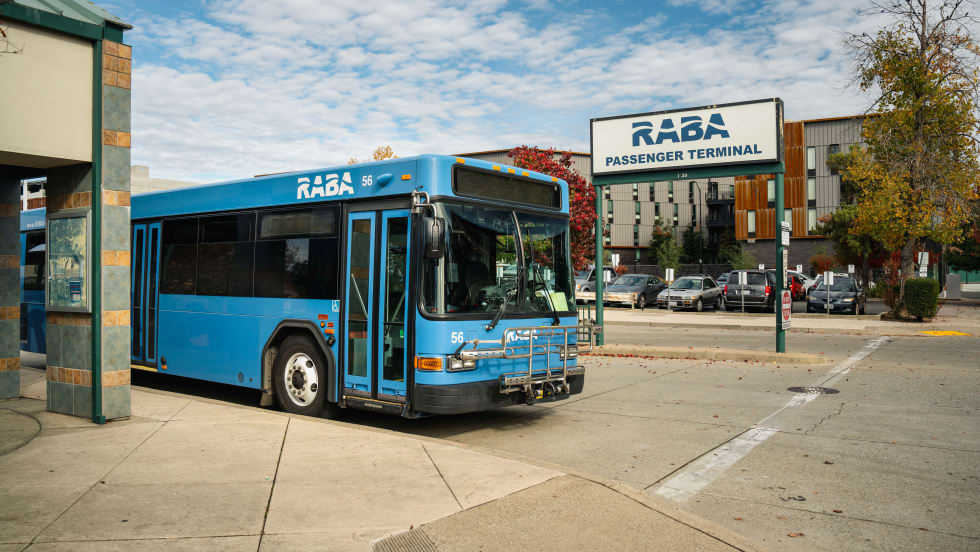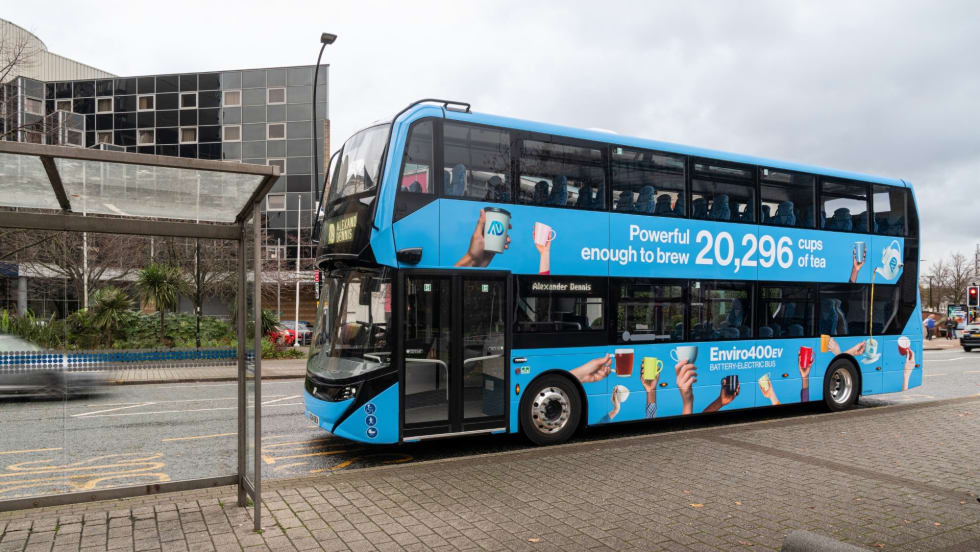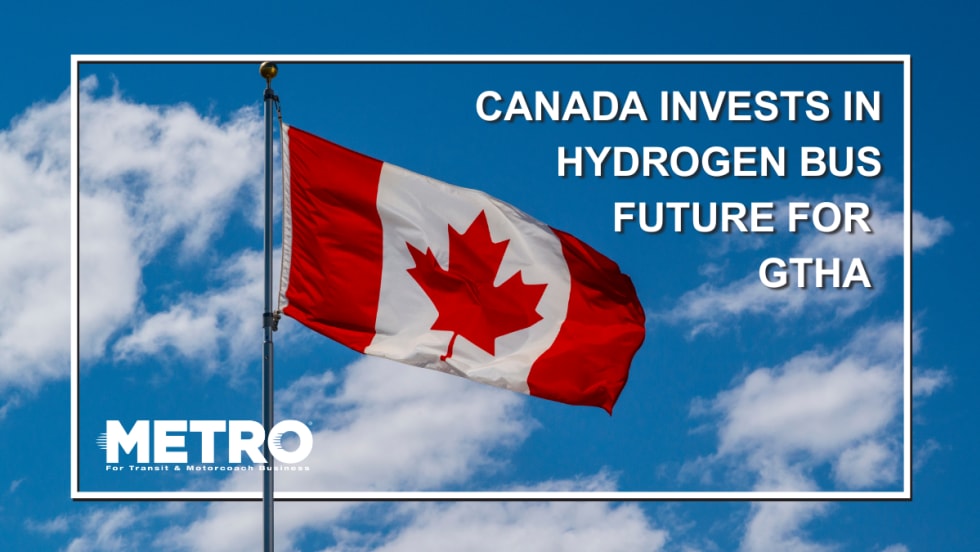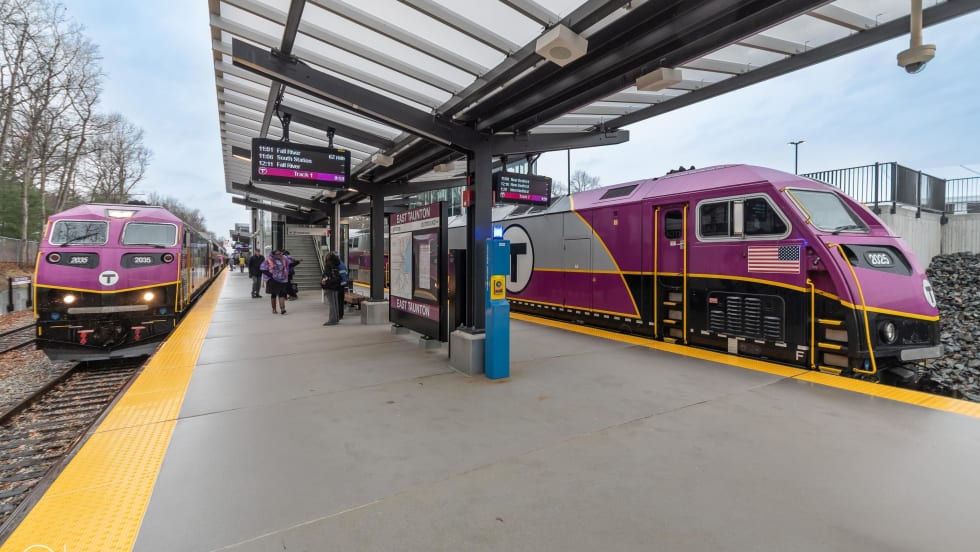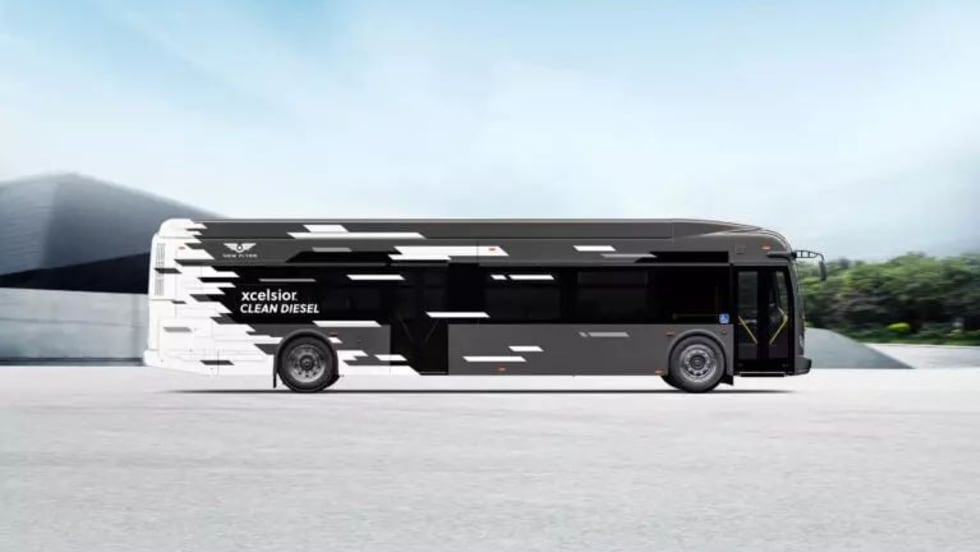Seattle’s King County Metro will explore adding up to four hydrogen fuel cell buses as early as 2026 as part of a pilot project.
Testing how the hydrogen fuel cell buses perform will inform if Metro uses them to complement its battery-electric and trolley buses, according to the agency.
The plan to add hydrogen fuel-cell buses reflects Metro’s goal to be a sustainability leader and has the potential to benefit riders, reduce local air pollution, and help tackle global climate change.
“While still delivering every day, high-quality service to our riders, we’re also leading the way to a zero-emissions future,” said King County Metro GM Michelle Allison. “We’re partnering with public entities across our region, encouraging private contractors to develop technologies, and learning and sharing each step of the way.”
A Legacy of Sustainability
Metro was the first public transit agency in North America to adopt diesel-hybrid buses in 2004. In 2020, the agency retired its last diesel-only buses.
Forty battery-electric buses from New Flyer started entering service in 2022, with another 89 scheduled to begin arriving in 2026 from GILLIG. Consequently, Metro’s employees are well-equipped in developing, implementing, and managing fleets with advanced technologies.
Metro believes the hydrogen fuel cell bus pilot offers yet another opportunity for current and future Metro employees to gain valuable knowledge and skills.
Potential Benefits of Hydrogen Fuel Cells
While battery-electric buses have an expected range of 140 miles for a 60-foot bus and 220 miles for a 40-foot bus, Metro said that they and other transit agencies have experienced range limitations and variability, especially in cold weather.
Hydrogen fuel cell buses have the potential to travel up to 300 miles and Metro believes their extended range has particular promise on all-day, frequent routes.




